Popular on Food52
7 Comments
newharbourdistillery
September 7, 2021
I found this blog is very informative. Thanks for sharing this.
Ka P.
August 31, 2015
My concern would be: Particles that can not be dissolved by water got caught by the water filter at its first layer. (which means that it's highly likely that the water filter you hv been using for yrs hv all those small particles accumulated inside of it). When you pull alcohol down the filter, some particles that can be dissolved in alcohol will be release...... and you have no idea what they are....
Jen
August 29, 2015
A Brita filter is designed to remove chlorine and calcium carbonate from water. The filter is comprised of silver-treated activated charcoal (the silver inhibits microbial growth) and an ion exchange resin. The primary hangover-inducing component of vodka is probably methanol. The activated carbon might grab some of the methanol but I'm not sure. Multiple passes will not result in more methanol capture unless you use a fresh filter each time, which is more expensive than good vodka. However, the ion exchange resin is designed for water, and may not be compatible with ethanol. It's entirely possible that your filtration is extracting more contaminants into the vodka than are being removed.
Piotr S.
August 29, 2015
I suggest to drink Polish original wódka and drink it straight from the freezer. -20°C is ok. BTW. That's how you can check if it's not fake - it won't get frozen but nicely oily liquid when you serve your guests. No cornichon or other snacks nor juices required.
Casey O.
August 29, 2015
Huh… Now, I'm curious about a steam distilling followed by active charcoal. Hooking up a tea kettle or pot to a britta filter. Trying that process twice.
David
August 26, 2015
Fun article. I'd like to see a follow up study comparing the hangover effects between the three vodkas to test the congeners theory. Have everyone drink the same number of the same cocktail all night, but divide them into three groups (A,B,C), with each group made with either cheap unfiltered, cheap filtered, or top-shelf. Then have them rate their hangovers the next morning.
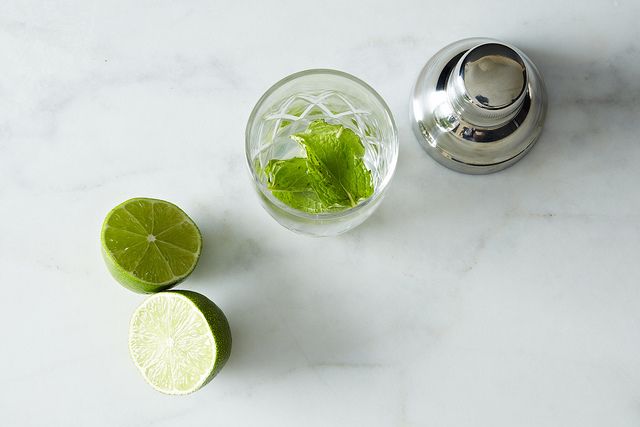
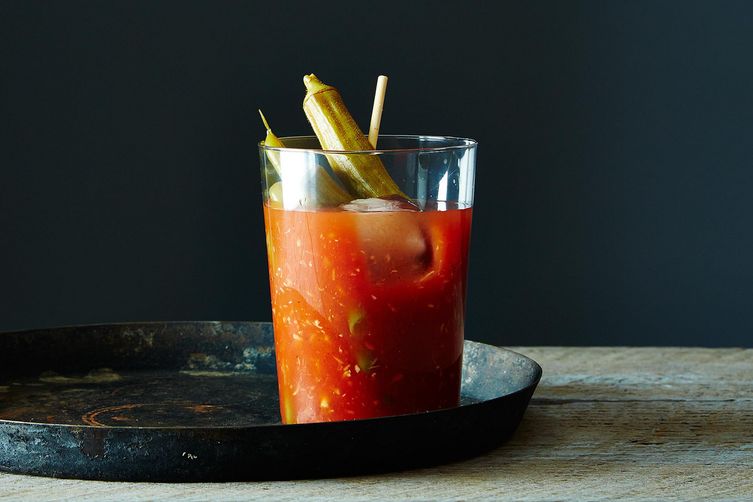
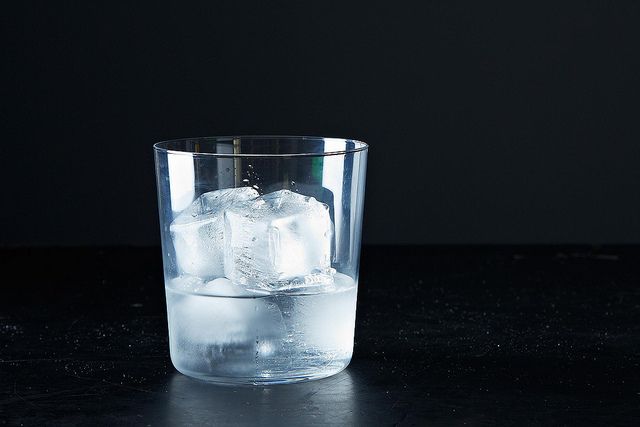
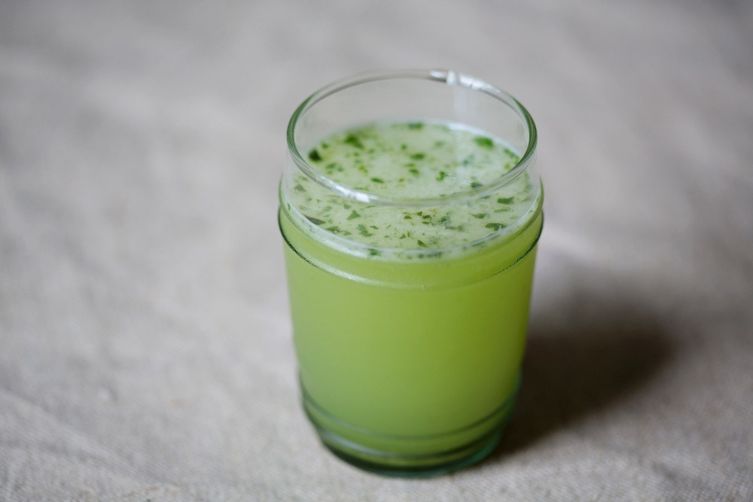
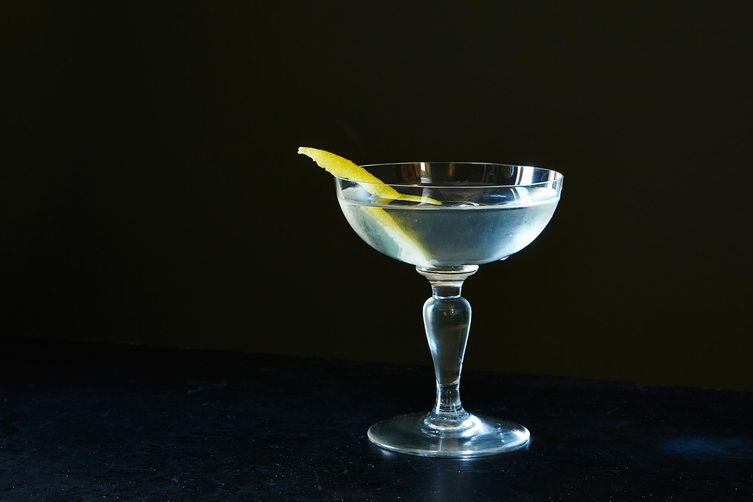

See what other Food52 readers are saying.